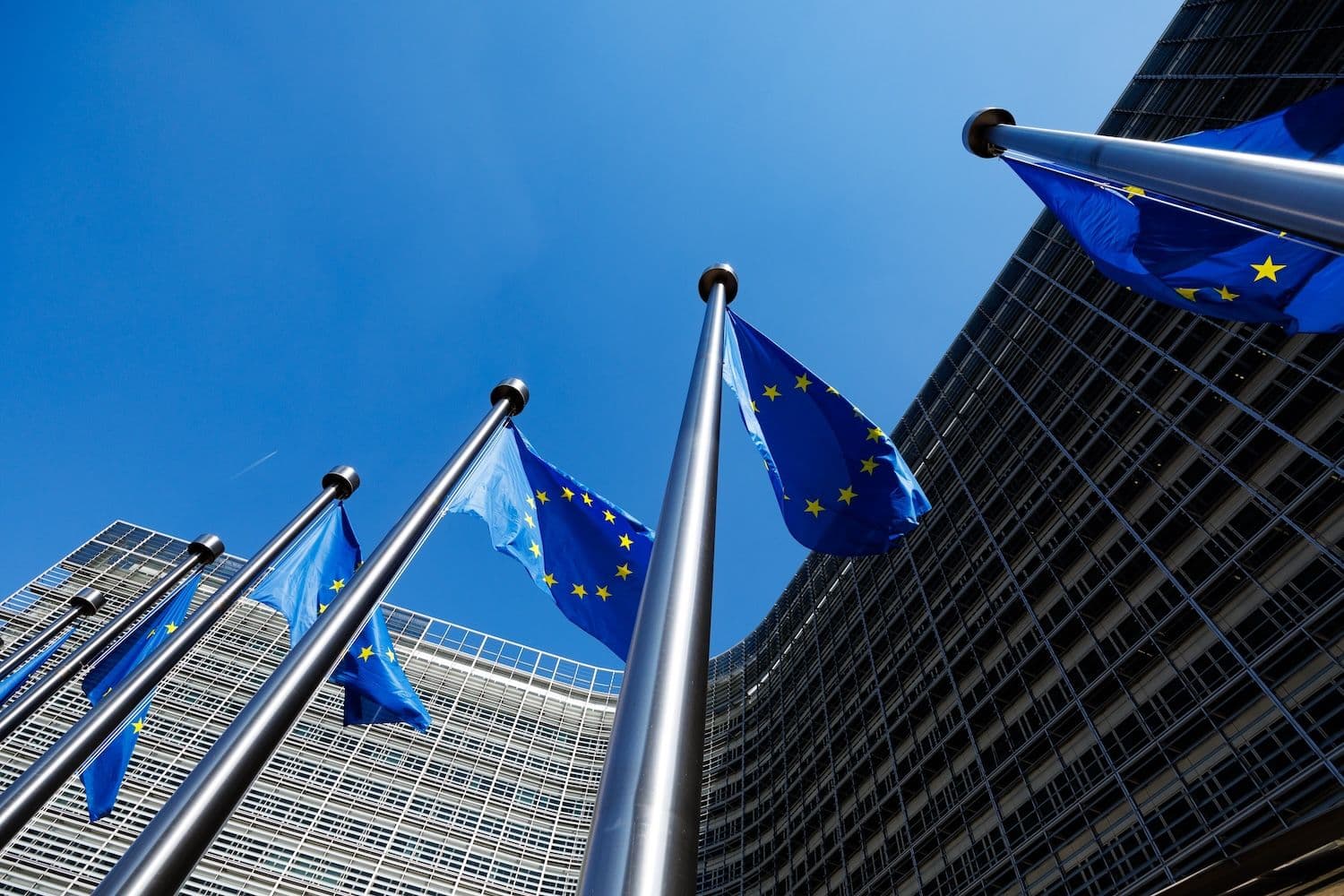The European Union's top securities regulator warned Monday that blockchain-based stock tokens could mislead investors who may not understand these products don't grant traditional shareholder rights. The European Securities and Markets Authority raised concerns as major financial platforms expand tokenized stock offerings across the region.
What to Know:
- Tokenized stocks are blockchain assets linked to share prices but typically don't provide voting rights or actual company ownership
- Major platforms including Robinhood and Coinbase are expanding tokenized stock offerings in European markets
- ESMA warns these products create "specific risk of investor misunderstanding" despite offering fractional access and always-on trading
Growing Market Faces Regulatory Scrutiny
Natasha Cazenave, ESMA's executive director, addressed the tokenized securities sector during a conference in Dubrovnik, highlighting regulatory concerns about emerging blockchain-based investment products.
Several fintech companies have developed offerings that provide exposure to listed shares through special purpose vehicles, she said. These products allow fractional ownership and round-the-clock trading access.
However, Cazenave emphasized that tokenized instruments typically don't confer traditional shareholder rights such as voting privileges or dividend distributions. The disconnect between investor expectations and actual product features creates regulatory challenges.
"This can create a specific risk of investor misunderstanding and underlines the need for clear communication and safeguards," she stated in remarks published on ESMA's website.
The regulator's position mirrors recent concerns raised by the World Federation of Exchanges, which called for stricter oversight of tokenized stock products last week. The exchange organization argued these instruments create new investor risks and potentially threaten market integrity. Traditional stock exchanges worry about competition from blockchain-based alternatives that operate outside conventional market structures.
Companies Push Tokenization Despite Warnings
Robinhood has launched tokenized stock products in European Union markets, expanding beyond its traditional U.S. retail trading platform. Cryptocurrency exchange Coinbase is also making significant investments in the tokenized securities sector. Both companies view tokenization as a growth opportunity in evolving digital asset markets.
Crypto industry advocates argue tokenization will fundamentally transform financial market infrastructure by enabling traditional assets to trade as blockchain-based tokens.
Bank deposits, corporate bonds, investment funds and real estate could all become tokenized assets.
This technological shift promises increased liquidity and accessibility for retail investors.
Despite industry enthusiasm, Cazenave noted that current tokenization initiatives remain limited in scope and market impact. Most projects show low trading volumes and restricted liquidity compared to traditional securities markets. The regulatory framework for these products continues evolving as authorities balance innovation with investor protection.
Understanding Tokenized Securities
Tokenized stocks represent blockchain-based assets that track the price movements of publicly traded company shares. Unlike traditional stock ownership, buyers typically don't receive voting rights, dividend payments or other shareholder benefits. Instead, investors gain exposure to stock price appreciation through derivative-like instruments.
Special purpose vehicles often hold the underlying shares while issuing corresponding blockchain tokens to investors.
This structure allows fractional ownership of expensive stocks and enables trading outside traditional market hours. However, the complexity of these arrangements may not be fully understood by retail investors.
The tokenization process involves converting traditional assets into digital tokens that can be traded on blockchain networks. Each token represents a claim on the underlying asset but may not include all associated ownership rights. Regulatory authorities worry that marketing materials don't adequately explain these limitations to potential investors.
Final Thoughts
European regulators are taking a cautious approach to tokenized stock products as major financial platforms expand their offerings in this emerging sector. While tokenization offers potential benefits including fractional ownership and extended trading hours, ESMA's warnings highlight the need for clearer investor education and stronger regulatory safeguards to prevent misunderstandings about these complex financial instruments.



